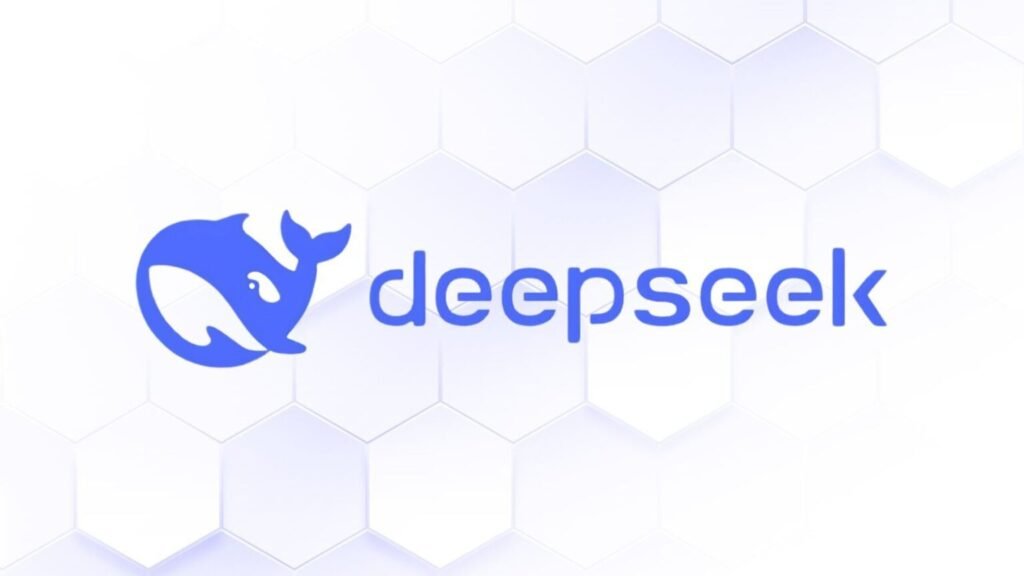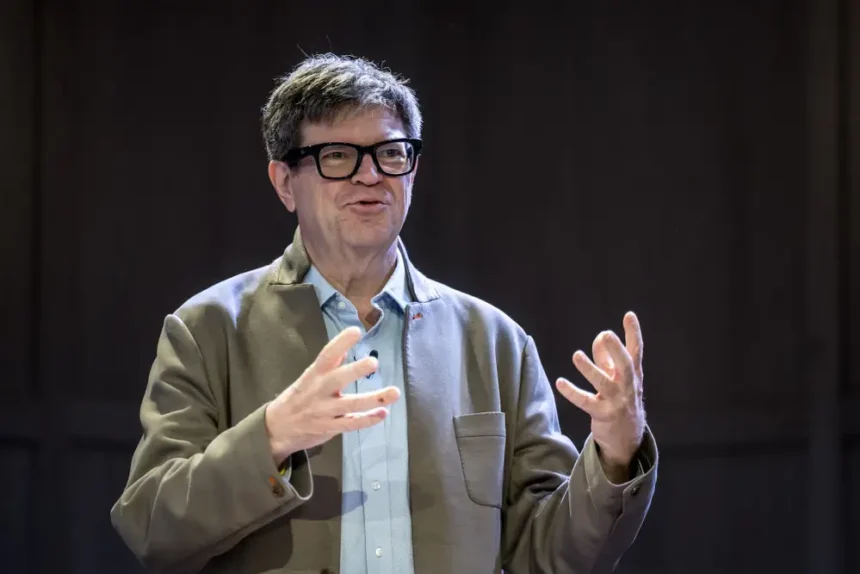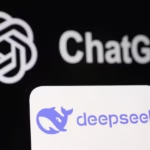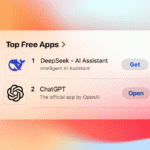In a week where Silicon Valley was abuzz with major events like the World Economic Forum and rising uncertainty around TikTok, the tech industry was blindsided by an unexpected announcement from a Chinese AI company, DeepSeek. The company revealed its groundbreaking R1 model, which not only demonstrated remarkable reasoning capabilities but also outperformed leading American AI models from OpenAI, Meta, and Anthropic in third-party benchmarks. This milestone has ignited discussions about the future of AI, particularly the battle between open-source and proprietary models.
Meta’s chief AI scientist, Yann LeCun, wasn’t focused on the geopolitical implications of a Chinese company leading the AI race. Instead, he highlighted the broader significance of DeepSeek’s success. For LeCun, it’s not about China surpassing the US in AI innovation but rather about the power and potential of open-source AI.
“Open-source models are surpassing proprietary ones,” LeCun stated in a post on Threads. His remarks have reignited the debate on whether the future of AI development lies in open collaboration or tightly controlled, closed-source approaches.
The Rise of DeepSeek and the Open-Source Advantage
DeepSeek’s rapid ascent has unsettled many in Silicon Valley. Founded as an open-source AI company, DeepSeek has leaned heavily on contributions from the global AI community. When unveiling the R1 model, the company emphasized its commitment to “pushing the boundaries” of open-source AI. According to LeCun, this collaborative approach is precisely why DeepSeek has been able to achieve such remarkable results.
“They came up with new ideas and built them on top of other people’s work,” LeCun said. “Because their work is published and open-source, everyone can profit from it. That is the power of open research and open source.”

This approach starkly contrasts with OpenAI, which has shifted to a closed-source model in recent years. OpenAI, initially founded with a mission to create AI technology that benefits all of humanity, has increasingly prioritized proprietary development, citing safety and control as primary concerns.
DeepSeek’s open-source strategy mirrors that of Meta, whose Llama models have also been made freely available to developers. Meta CEO Mark Zuckerberg has long been a proponent of open platforms. In a statement earlier this year, Zuckerberg articulated his vision for the next decade: “Part of my goal for the next 10 to 15 years, the next generation of platforms, is to build the next generation of open platforms and have the open platforms win. I think that’s going to lead to a much more vibrant tech industry.”
Open-Source vs. Closed-Source: A Clash of Philosophies
The success of DeepSeek’s R1 model has intensified the philosophical divide within the AI community. Proponents of open-source models argue that collaboration fosters innovation at a faster pace. By allowing anyone to modify, use, and distribute the code, open-source AI creates an environment where breakthroughs can happen organically and democratically. This model also promotes transparency, as anyone can scrutinize the code for ethical or security concerns.
On the other hand, advocates for closed-source models argue that keeping code private ensures greater security and control. OpenAI CEO Sam Altman defended this approach during a Reddit AMA in November, stating, “The closed-source approach offers an easier way to hit the safety threshold.” However, he also acknowledged the potential benefits of openness, adding, “I would like us to open source more stuff in the future.”
This philosophical clash isn’t just about ideology; it’s about who will dominate the next era of AI development. DeepSeek’s rise suggests that the collaborative spirit of open-source AI might be the key to staying ahead in the race.
Meta Doubles Down on AI Investments
DeepSeek’s announcement comes as Meta is gearing up for an ambitious expansion of its AI capabilities. Mark Zuckerberg revealed that Meta plans to spend more than $60 billion in 2025 to solidify its position as a leader in the AI space. This investment underscores Meta’s commitment to open-source models like Llama, which have already gained significant traction among developers worldwide.
For Zuckerberg, the vision extends beyond immediate technological advancements. “Building open platforms is about creating a more vibrant tech industry,” he said. By sharing its models with the world, Meta hopes to empower developers globally, ensuring that innovation isn’t limited to a select few corporations.
The Implications of DeepSeek’s Breakthrough
The unveiling of DeepSeek’s R1 model is more than just a technological milestone; it’s a wake-up call for the AI industry. It demonstrates the potential of open-source models to outpace proprietary ones, challenging the notion that closed systems are inherently superior. For Silicon Valley, this development serves as a reminder that innovation can come from anywhere—and that the collaborative nature of open-source AI may be its greatest strength.
As the debate between open and closed approaches continues, one thing is clear: the AI landscape is evolving rapidly. Companies like DeepSeek and Meta are proving that open-source models can not only compete with but also surpass proprietary alternatives. Whether this trend will reshape the industry’s future remains to be seen, but for now, the open-source movement is having its moment in the spotlight.
Conclusion
DeepSeek’s success with the R1 model is a testament to the power of collaboration and transparency in AI development. As Meta’s Yann LeCun put it, “Open-source models are surpassing proprietary ones.” The question now is whether Silicon Valley will fully embrace this philosophy or continue to hedge its bets on closed-source systems. Either way, the rise of open-source AI is a development that the industry can no longer afford to ignore.










